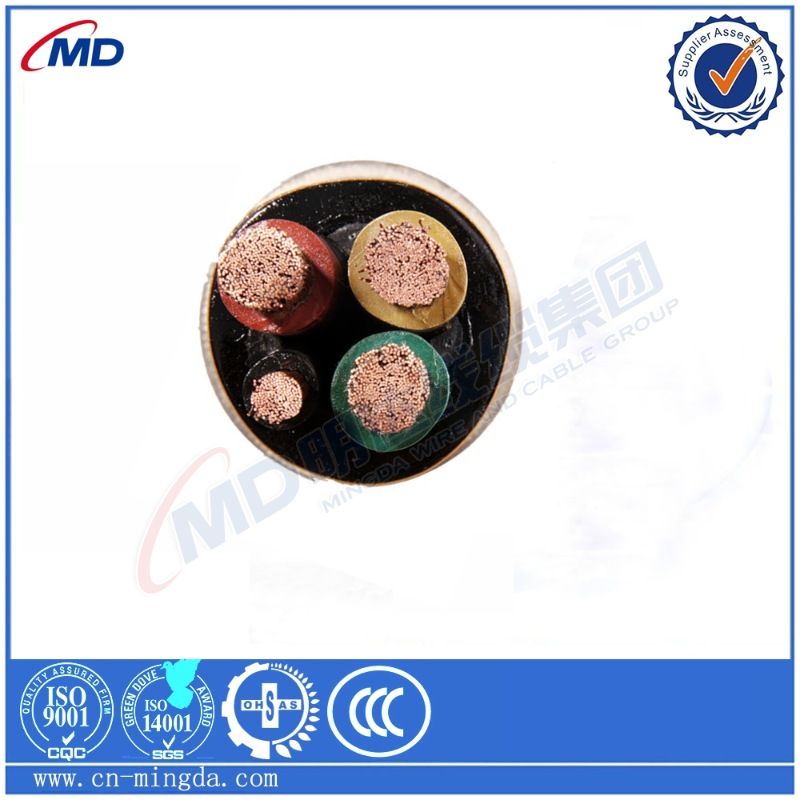ਨਵੰ. . 22, 2024 23:54 Back to list
ball valve
Understanding Ball Valves A Comprehensive Guide
Ball valves are a fundamental component in fluid control systems, widely used across various industries including oil and gas, water treatment, chemical manufacturing, and HVAC. Renowned for their reliability and effectiveness, ball valves are essential for managing the flow of liquids and gases.
What is a Ball Valve?
At its core, a ball valve is a type of quarter-turn valve that uses a hollow, perforated, and pivoting ball to control flow. The ball is positioned in such a way that when turned a quarter turn (90 degrees), the flow is either allowed or blocked. The simplicity of this design provides a quick and efficient means of opening or closing the flow path.
Key Components of a Ball Valve
1. Body The outer structure that houses all other components. It can be made from various materials, including stainless steel, brass, or PVC, depending on the application and fluid compatibility. 2. Ball The spherical element that controls flow. The ball typically features a hole or port through its center, allowing media to pass through when aligned with the inlet and outlet.
3. Seats These are the surfaces that the ball rests against when the valve is closed. They are designed to create a tight seal to prevent leakage. Depending on the application, seat materials may vary, including elastomers like PTFE.
4. Stem The rod that connects the ball to the actuator (manual or automated) allows for the rotation of the ball to open or close the valve.
5. Actuator The mechanism that operates the stem. This could be a manual lever, a pneumatic actuator, or an electric actuator, enabling remote operation.
Advantages of Ball Valves
1. Quick Operation Ball valves are designed for fast opening and closing. The quarter-turn operation makes them ideal for applications requiring rapid changes in flow.
2. Durability They possess high durability and are able to withstand high pressure and temperature variations. This reliability is essential in demanding environments.
ball valve

4. Versatility Ball valves are applicable in numerous environments, managing a wide range of fluids—from corrosive chemicals to high-viscosity liquids.
5. Minimal Pressure Drop The ball valve’s design ensures a clear flow path when fully open, resulting in minimal pressure loss through the valve.
Applications of Ball Valves
Ball valves are used in myriad applications across different sectors
- Water Supply Systems In municipal water systems, ball valves can help control the flow efficiently. - Oil and Gas They are critical for on/off operations throughout the processing and transportation of oil and gas. - Chemical Processing Due to their resistance to corrosion, they are prevalent in chemical manufacturing and handling. - Food and Beverage Industry Their ease of cleaning and sealing capabilities make them suitable for sanitary applications.
Maintenance and Considerations
While ball valves are generally low maintenance, they do require periodic inspection to ensure optimal performance. Common maintenance tips include
- Regular Inspection Check for signs of wear and any leaks around the seals or body. - Operation Testing Periodically open and close the valve to ensure it moves freely and that the sealing surfaces remain effective. - Lubrication For manual valves, lubricate the stem and other moving parts to prevent sticking or corrosion.
Conclusion
In summary, ball valves play a critical role in fluid control systems across numerous industries. Their design, durability, and efficiency in handling a variety of fluid types make them indispensable. Understanding their components, advantages, and applications can help in selecting the right type of ball valve for any specific need, ensuring optimal operation and safety in industrial processes. Whether in a water treatment facility or an oil refinery, ball valves are key players in the realm of fluid management.
Share
-
Reliable Wafer Type Butterfly Valves for Every IndustryNewsJul.25,2025
-
Reliable Flow Control Begins with the Right Ball Check ValveNewsJul.25,2025
-
Precision Flow Control Starts with Quality ValvesNewsJul.25,2025
-
Industrial Flow Control ReliabilityNewsJul.25,2025
-
Engineered for Efficiency Gate Valves That Power Industrial PerformanceNewsJul.25,2025
-
Empowering Infrastructure Through Quality ManufacturingNewsJul.25,2025